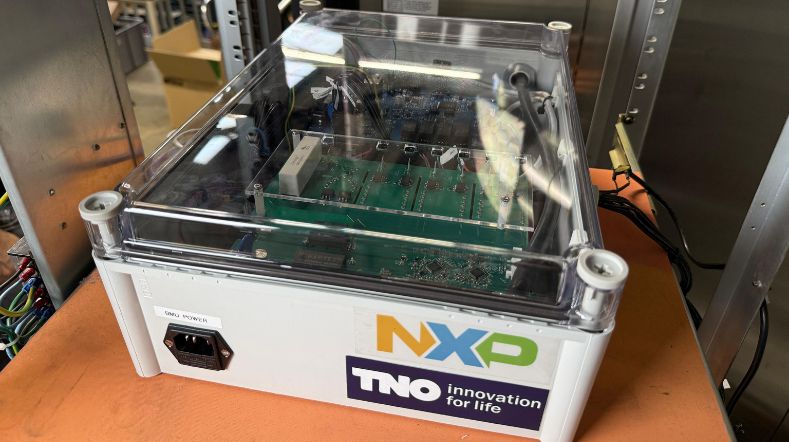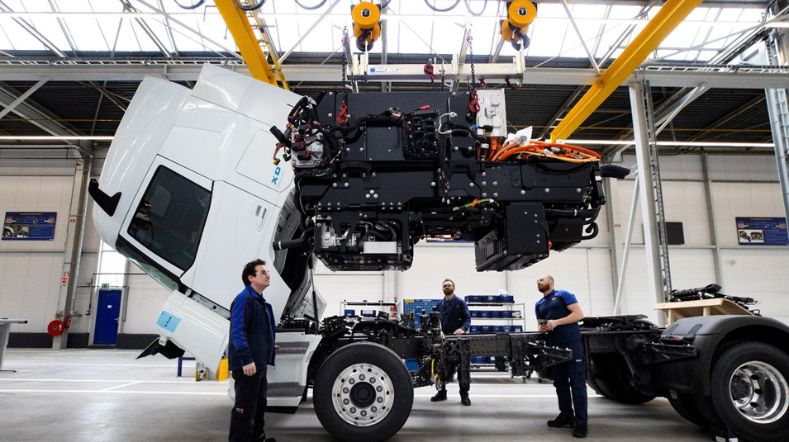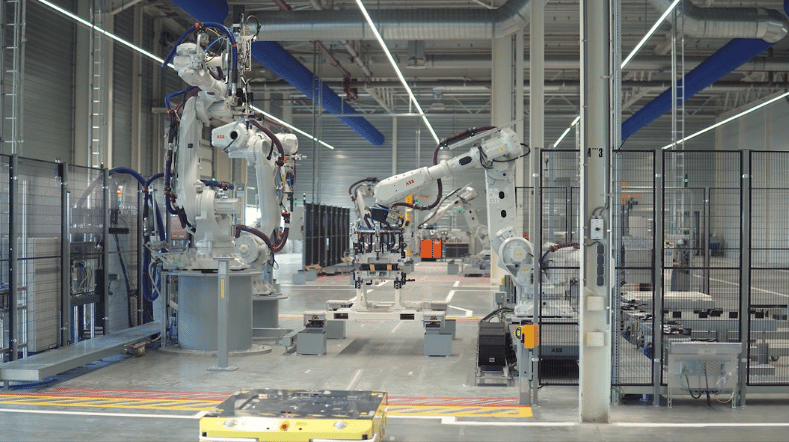
Sustainable batteries with advanced battery management
An increasingly large part of the energy transition is coupled to the use of batteries in a variety of applications of which the mobility sector is the absolute front-runner. TNO is developing tailored solutions for battery management technology to accelerate the electrification of the entire mobility market.
Why battery technology is important
In order to meet the Paris Agreement targets, batteries play a crucial role in the electrification of mobility. Battery Electric Vehicles (BEVs) range from small transport like bikes and scooters to heavy-duty road transport, shipping, aviation, and more. Each application comes with specific battery requirements.
Research into factors affecting battery lifespan and ways to extend it is vital, as batteries are often the most expensive component in electrified systems.
At TNO, our focus is on optimising battery usage by accurately estimating battery 'State-of-Health' (SoX), predicting 'Remaining Useful Life' (RUL), and combining these with advanced battery modelling techniques to achieve optimal battery control.
Extending battery life, reducing TCO
Our battery knowledge is based on analysing battery characteristics and creating physics-based models of battery behaviour.
We apply this to extend battery life by directly controlling the battery (e.g., influencing charging profiles) and innovating in cooling, measuring, and cloud-based battery management tools, all aimed at reducing the Total Cost of Ownership (TCO) over the battery's life (including second life applications). We apply these technologies up to and including integration in Battery Management Systems (BMS), validated through Proof-of-Concept (PoC) prototypes tested and validated in the lab and/or field.
We also apply our expertise to related areas, such as developing a Battery Passport blueprint as required by European regulations, and providing simulation tools to assess electro-thermal effects for specific battery applications, saving time and cost before prototyping.
TNO's research and innovation
Partners gain access to our full spectrum of design, development, assessment, and training services.
- Battery Simulation Tools;
- Fit-for-purpose battery modelling of various fidelities, up to physics-based models;
- Battery cell, module and pack characterisation & testing;
- Model based engineering support;
- Concept design and battery chemistry selection;
- Topological design (thermal and electric) and sizing support for battery systems.
- Battery prototyping (module, pack), including BMS algorithms and cloud-based integration.
- Battery performance testing and validation on cell, module and pack level;
- Physics-based model calibration;
- Ageing model development and calibration;
- BMS algorithm validation.
- State-of-X estimation (SoX);
- Remaining Useful Life estimation (RUL);
- (Fast-)Charging control;
- Active diagnostic techniques (Check-up Tool), e.g. supporting future EURO 7 legislation;
- Smart Battery Passport inline with the new EU Battery Regulation.
- In-house trainings for engineers and managers on battery technology, battery system design and Battery Management Systems (BMS).
- Provision of software tools for battery design and control systems engineering.
Collaborative projects
At TNO, we leverage over a decade of expertise through collaborative national and EU projects. Key EU contributions include ABattReLiFe (2012-2015) focused on ageing modelling and state estimation, HiFi-Elements (2017-2020) for HiL-testing across multiple locations, COBRA (2020-2024) developing cobalt-free battery cells and optimising fast charging, and NextBMS (2023-2026), which uses physics-based models to estimate the remaining useful life of batteries. And on the national side key contributions include BCC REACT-EU, Green Transport Delta – Electrification, CIMBAT (NGF3 project to start in 2025), and various TKI projects.
Unique Battery Lab
Our state-of-the-art Battery Lab offers fully climate-controlled testing spaces up to battery pack and electric vehicle level, with temperature control ranging from -40°C to +150°C and humidity control. It is equipped with a 300 kW battery cycler and coolant heating and cooling control. The lab provides safe, inert environments with gas detection for secure testing and is designed for performance validation of models and algorithms at the battery system level.
The lab equipment is generally Hardware-in-the-Loop (HiL) capable for testing advanced algorithms and validating models on battery cells, modules, and packs. It also features multi-channel equipment for battery cell ageing characterisation and optimisation, coupled with Electrochemical Impedance Spectroscopy (EIS) test equipment.
A powerful network
TNO is actively involved in a broad (inter)national network focused on advancing battery technology and accelerating the energy transition. As part of the Battery Competence Cluster (BCC), TNO collaborates with industry, knowledge institutes, and associations to strengthen the battery ecosystem and enhance Dutch innovation in this field. Additionally, TNO participates in BEPA, EARPA, and EGVIA, and is involved in the High Tech Systems and Materials (HTSM) program, co-funded by Holland High Tech.
Let’s collaborate
TNO offers a range of collaboration opportunities, from consultancy and prototyping to knowledge transfer and IP licensing. We typically seek partnerships with OEMs in electric vehicles, shipping, aviation, BESS systems, SMEs in electric mobility, battery system providers, Tier 1/2 suppliers, research institutes, and governmental organisations.
Get inspired
National Growth Fund invests in Dutch battery consortium for heavy duty transport
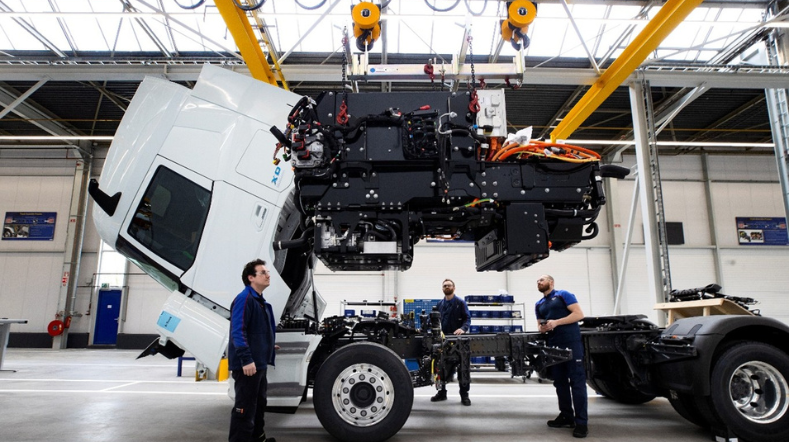

TNO opens test cell for sustainable marine engines
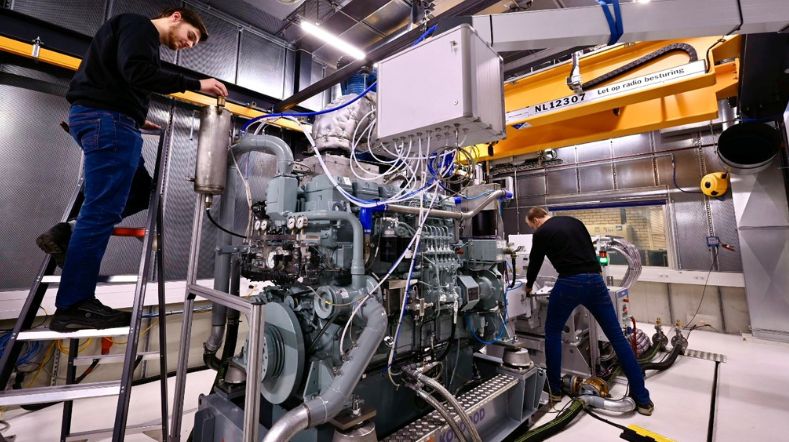

Health of electric bus batteries now measurable on-site via charger
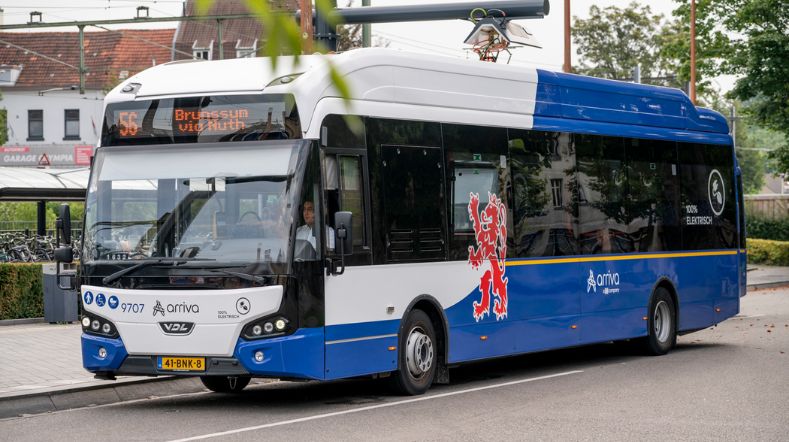

Demonstrations of automated driving and charging for logistics at Maasvlakte
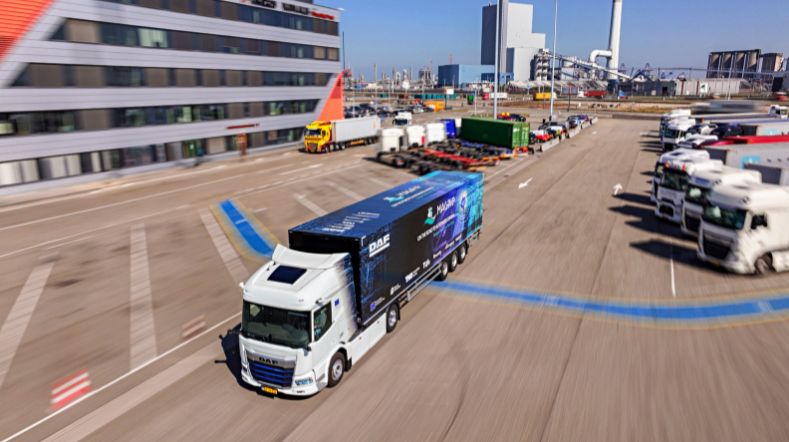

TNO pleads for getting innovations to the road quicker


